Clean Sky leads Europe towards climate neutrality in aviation by 2050
At present, Europe is in the grip of a public health crisis, caused by COVID-19. The impact that the coronavirus will have on the aviation sector as a whole, as flights are grounded and travel bans imposed from country to country, has yet to be seen. As we progress in the coming months, we will learn how to deal with this new threat – understanding of the virus and its mechanisms will deepen, treatments will be developed, and hopefully a vaccine. Our lives can return to normal.
But while dealing with the coronavirus, we should not forget another crisis that threatens our planet. This one is less visible – but nevertheless, if we do not act now, there will be serious consequences. Here, of course, I am referring to the climate crisis.
The European Union is committed to reversing the strain that a fossil-fuel based society has placed on our planet. The European Green Deal, outlined by the new European Commission in December 2019, has set an ambitious challenge for all European citizens – it is our guiding north, illuminating the path towards complete climate neutrality by 2050.
Clean Sky Joint Undertaking is ready to take on this challenge. Innovations developed and supported by the Clean Sky programme already show the potential to dramatically reduce the impact of aviation on the environment and we are confident that we can make our contribution to the mission-driven objectives of the Horizon Europe programme while ensuring profitable outcomes for industry. Within the scope of Clean Sky 2, research outcomes are indicating that CO2 emissions from aircraft can be reduced by 30% compared to today’s best aircraft. By 2050, aviation’s emissions will need to be ‘net zero’, a daunting task for which Horizon Europe will need to provide the mechanisms to raise the bar in terms of our ambitions.
To date, Clean Sky has successfully engaged 902 actors across the public and private sector, of which 337 are SMEs, 112 are research centres, 151 are universities and 302 are from industry. The collaborative approach that Clean Sky employs is vital to our success.
Within the framework of Clean Sky, the best experts in aviation from universities and research centres, SMEs and industry can come together and cooperate in a way that would simply be implausible without the programme. The combination of differing perspectives and bright minds spurs innovative results that push boundaries and propel us forwards.
Clean Sky is proud to support the European Commission, the European Parliament and Member States to reach the ambitious goals for climate neutrality. We are determined to minimise the impact of aviation on the environment through the development of innovative technologies and continue to contribute to the success of the European aviation ecosystem.


